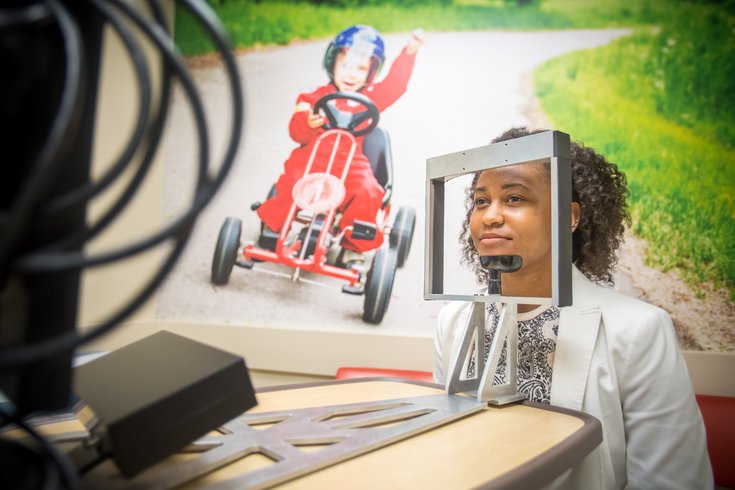News
FDA Approves New No-Baseline Concussion Test

Image Source: Philly Voice/Thom Carroll
The US Food and Drug Administration has approved a new non-invasive concussion test that promises to diagnose brain injuries without prior baseline testing by using a four-minute eye tracking test. With this approval, the test known as EyeBOX has become the first no-baseline concussion approved for marketing.
One of the biggest hurdles in diagnosing brain injuries is the need for baseline testing. Without pre-injury measurements to compare against, there is nothing to compare against when it comes to aspects like memory, coordination, and balance.
What might be normal for one non-concussed person might be a significant impairment for another – especially in the time period immediately after injury when symptoms are still developing.
Additionally, there is evidence baseline testing isn’t always reliable. There is overwhelming anecdotal evidence of athletes intentionally failing or ‘bombing’ baseline tests to prevent their removal from competition in the event of a concussion later in the season.
EyeBOX, created by neurodiagnostics company Oculogica, promises to remove these hurdles to deliver an accurate diagnosis without baseline testing and regardless of literacy or language abilities among those between the ages of five and 67.
In the test, patients watch a short video while their head is held in a chest-and-forehead rest similar to those used during common vision tests. While watching the video, eye movements are recorded and analyzed using a proprietary algorithm.
“Eye-tracking will change the practice of emergency care for concussion and will greatly assist a large number of patients. The result will be more consistent and objective diagnoses of concussion in the emergency room and clinic, and eventually on the field,” Robert Spinner, Chair of the Department of Neurological surgery at Mayo Clinic commented in Oculogica’s news release.
The device was approved based on a 282-patient study including adults who were treated at emergency departments and concussion clinics for head injuries. The full results of the study have not yet been published to the public. However, another study involving the device showed that it could identify a suspected concussion with 72% accuracy and 84% specificity.



